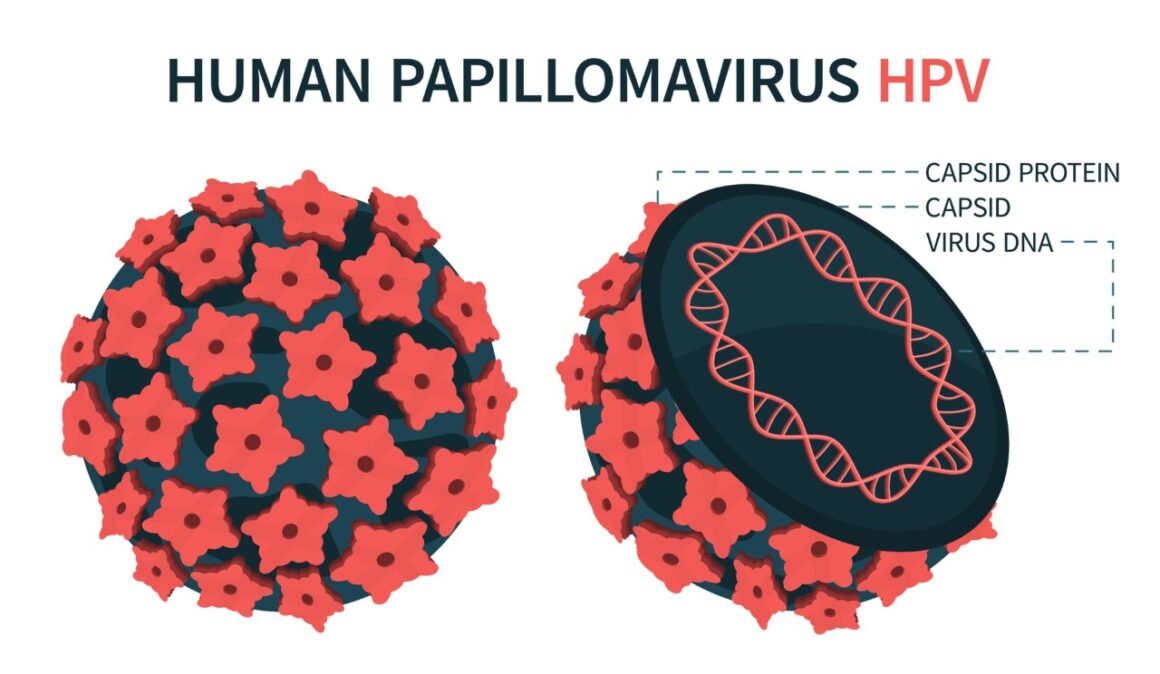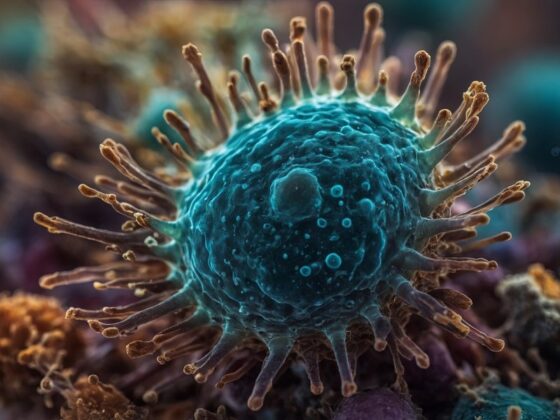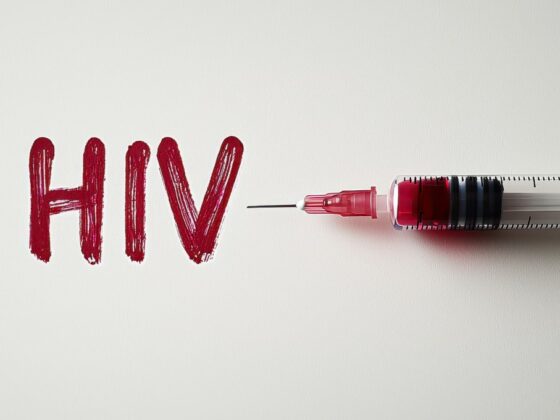Literally nobody wants to discover mysterious bumps in their nether regions – ever. But if you’ve spotted something funky down there, don’t panic just yet. Genital warts are super common, and while they’re definitely annoying, they’re manageable if you’re able to correctly identify and treat them. Let’s chat about what they are and how to kick them to the curb.
What Are Genital Warts?
Genital warts are basically the party crashers of your private parts. They’re small, flesh-colored bumps that show up in places where you definitely don’t want unexpected visitors.
What Causes Genital Warts?
The culprit behind these unwelcome bumps is human papillomavirus (HPV). And get this – HPV is ridiculously common. So common that nearly all sexually active people will get at least one type during their lifetime. But before you freak out, know that only certain HPV types cause genital warts.
HPV spreads through skin-to-skin contact during sex – and yes, that includes oral, vaginal, and anal sex. Condoms help reduce the risk, but they’re not foolproof since HPV can infect areas not covered by condoms. A truly sneaky little virus!
What Do Genital Warts Look Like?
Wondering if that weird bump is a genital wart or just an angry ingrown hair? Genital warts typically look like small, skin-colored bumps that sometimes grow in clusters resembling cauliflower (sorry if you’re eating cauliflower right now).
For guys, they commonly pop up on the penis, scrotum, or around the anus. Ladies might notice them on the vulva, inside the vagina, on the cervix, or around the anus. And equal-opportunity warts can appear on the mouth or throat of anyone who’s had oral contact with an infected partner.
Symptoms of Genital Warts
Common Symptoms
The most obvious sign is those flesh-colored bumps we mentioned. They can be flat or raised, single or multiple, small or large. Sometimes they cause itching, discomfort, or even bleeding during sex. But they often don’t cause any symptoms at all.
If you’re confused about whether you’re dealing with genital warts or something else, you need to first understand the difference between an STI and an STD. Put simply, an HPV infection that causes genital warts is technically an STI, but when symptoms appear, it becomes an STD.
Can You Have Genital Warts Without Symptoms?
Absolutely. In fact, many people with HPV have zero symptoms but can still spread the virus. You might be walking around with HPV and never know it. The virus can also lie dormant for months or even years before warts appear.
How to Diagnose Genital Warts
If you suspect you’ve got genital warts, it’s best to get checked out rather than playing Dr. Google.
When to See a Doctor
Don’t wait around if you notice unusual bumps, itching, or discomfort in your genital area. The sooner you get diagnosed, the sooner you can start treatment. Also, if you know a sexual partner has genital warts or HPV, it’s smart to get checked even if you don’t have symptoms.
Medical Examinations and Tests
Diagnosing genital warts usually involves a visual inspection by a healthcare provider. Sometimes they’ll apply a mild acidic solution that turns warts white, making them easier to spot. In some cases, they might take a biopsy (remove a tiny piece of the wart) to confirm the diagnosis or rule out other conditions.
For women, genital warts might be discovered during a routine Pap smear, which is yet another reason not to skip those appointments, ladies!
Genital Warts Treatment Options

The good news? You’ve got options. The bad news? None of them are particularly fun.
At-Home Treatments
There are some over-the-counter treatments available, but be careful – not all are meant for sensitive genital skin! Products containing podophyllin or podofilox can help remove warts, but follow the directions carefully. Seriously, this is not the area where you want to freestyle or get creative with treatments.
Some people swear by natural remedies like tea tree oil or apple cider vinegar, but there’s not much scientific evidence backing these up. And fair warning: applying these to your sensitive bits might hurt more than the warts themselves!
Medical Treatments
For the stubborn warts that won’t take a hint, medical treatments include:
- Prescription creams and solutions that you apply at home
- Cryotherapy (freezing the warts off – and yes, it’s as uncomfortable as it sounds)
- Electrocautery (burning the warts off with an electrical current)
- Laser treatment (zapping them with a laser beam)
- Surgical removal (cutting them out)
None of these are exactly spa treatments, but they’re effective. Your doctor will recommend the best option based on the number, size, and location of your warts.
How Long Does Treatment Take?
This isn’t an overnight fix, unfortunately. Most treatments require multiple sessions over several weeks. And even after treatment, warts can come back because the virus may still be hanging around in your skin. It’s like that friend who doesn’t get the hint that the party’s over.
At Bathmate Direct, we understand that sexual health issues can be frustrating and embarrassing. While our products are designed for enhancement rather than medical treatment, we’re commi12tted to providing information that helps you maintain overall sexual health and wellbeing.
Can Genital Warts Be Cured Permanently?
While treatments can remove the warts, they don’t necessarily eliminate the virus from your body. In many cases, your immune system eventually suppresses the virus over time, and the warts stop coming back.
Also, about 90% of HPV infections clear on their own within two years. So even if you do nothing, there’s a good chance your body will eventually handle it. But since active warts are contagious, most people prefer treatment to waiting it out.
Prevention is your best bet for avoiding this whole ordeal:
- The HPV vaccine is super effective at preventing the types of HPV that cause most genital warts
- Using condoms reduces (but doesn’t eliminate) the risk
- Limiting sexual partners decreases your exposure risk
- Regular check-ups can catch warts early
Final Thoughts
We get it, finding genital warts ranks pretty high on the “things I never want to experience” list. But if it happens, remember that millions of people deal with this every year. It’s common, it’s treatable, and it’s not the end of your sex life.
Talk openly with your healthcare provider, follow through with treatments, and be honest with sexual partners. And remember that taking care of your sexual health is nothing to be embarrassed about – it’s just part of being a responsible adult.










